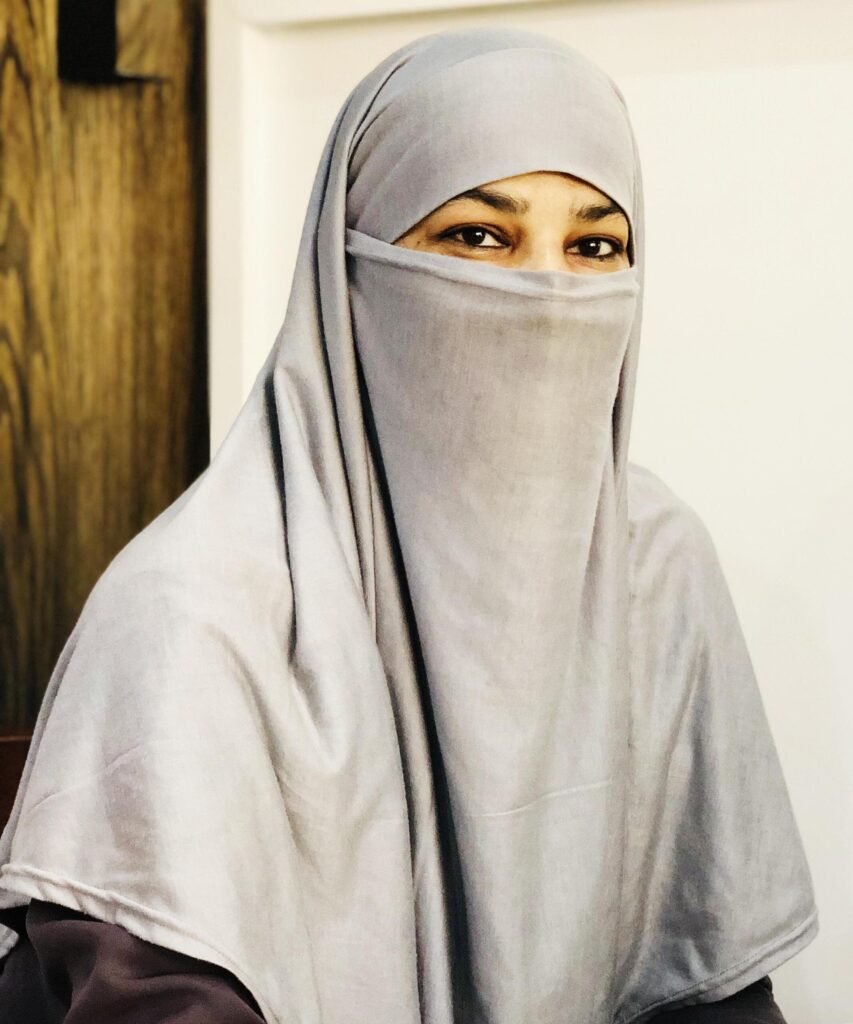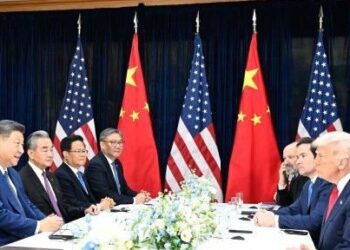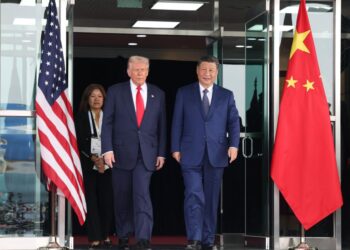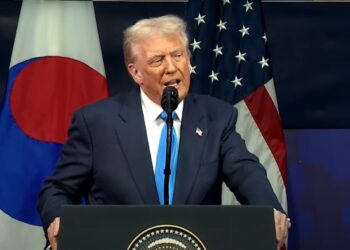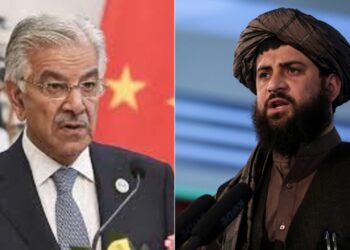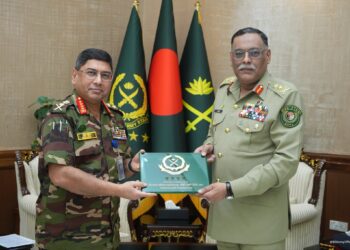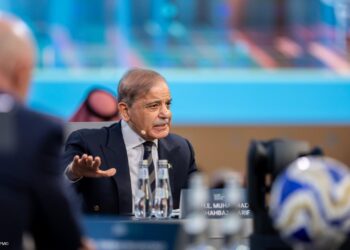No radars detected the strike. No air defense
systems intercepted the aircraft. No diplomatic
protests by neighboring Muslim countries
Shabana Ayaz
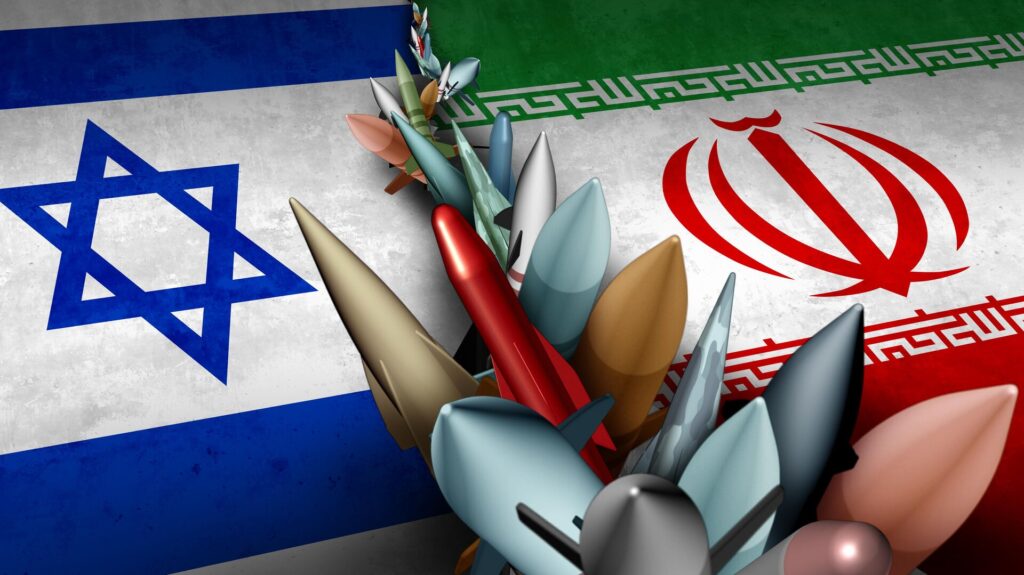
Middle East: In a dramatic escalation of tensions, Israel launched a massive, coordinated airstrike on Iranian soil in the early hours of Friday under the codename “Operation Rising Lion.” The unprecedented assault involved over 200 advanced Israeli fighter jets—including U.S.-made F-15I, F-16I, and F-35 stealth aircraft—striking nearly 100 strategic Iranian sites.
Targeted Strikes Hit Nuclear and Military Infrastructure
The aerial campaign focused on nuclear enrichment sites, missile production facilities, radar installations, and military command centers, delivering heavy blows to Iran’s military and scientific leadership.
Among the reported fatalities are key Iranian officials, including:
- IRGC Chief General Hossein Salami
- Chief of Staff Mohammad Bagheri
- Senior air defense commanders
- Two leading nuclear scientists
While the scale of destruction is staggering, it is the global and regional silence that has triggered deeper concerns.
🕯️ Silent Airspace, Silent Allies: A Coordinated Complicity?
Israel’s jets likely required airspace access, mid-air refueling, and navigational cover—elements that strongly suggest third-party support or silent cooperation. While the United States officially denied involvement, experts argue that such a high-risk mission could not have succeeded without access to regional airbases or overflight permissions.
More concerning is the non-response from neighboring Muslim-majority nations. No radars detected the strike. No air defense systems intercepted the aircraft. No diplomatic protests were filed.
This passivity indicates tacit approval, or at the very least, strategic indifference—raising serious questions about regional alliances and covert cooperation.
🛰️ Espionage or Intelligence? Inside the Strike’s Precision
While some intelligence may have been gathered via satellites or cyber surveillance, the precision and timing of the attacks—many targeting high-ranking individuals in residential areas—indicate a well-established espionage network inside Iran.
These operations reflect years of infiltration and internal collaboration, painting a picture of significant security vulnerabilities within Iran’s defense apparatus.
🇵🇰 Pakistan’s Strategic Discipline Under Field Marshal Asim Munir
At a time of widening rifts and reactive policies across the Muslim world, Pakistan stands out as a model of restraint and strategic clarity. Under the leadership of Field Marshal Syed Asim Munir, Pakistan has prioritized military modernization, institutional stability, and national security without provocation.
During recent border tensions with India, Pakistan’s swift but measured response drew regional and international praise, highlighting the country’s role as a stabilizing force in South Asia.
🌍 A Divided Muslim World Faces a Crisis of Legitimacy
The Israel-Iran confrontation is not a mere geopolitical rivalry—it underscores a deeper crisis of solidarity within the Muslim world. The silence, or covert facilitation, by some Muslim states in enabling attacks on another Muslim-majority country reflects a troubling erosion of regional unity.
This conflict is not rooted in sectarian divisions. It is about sovereignty, justice, and collective security. The emotional outrage among ordinary citizens contrasts sharply with the indifference of their governments, exposing a legitimacy gap in several Muslim capitals.
🇵🇰 Pakistan’s Consistent Call for Peace and Justice
Pakistan, a responsible nuclear power and founding member of the Organization of Islamic Cooperation (OIC), has consistently upheld the principles of non-aggression and peaceful conflict resolution.
Islamabad has:
- Condemned all forms of military aggression and foreign occupation
- Called for restraint, diplomacy, and immediate de-escalation
- Urged the United Nations and OIC to intervene and prevent a wider Middle East war
- Reaffirmed support for oppressed peoples in Palestine, Kashmir, and beyond
Pakistan’s principled diplomacy remains committed to defending the rights of nations under siege and promoting peace through dialogue, not war.
